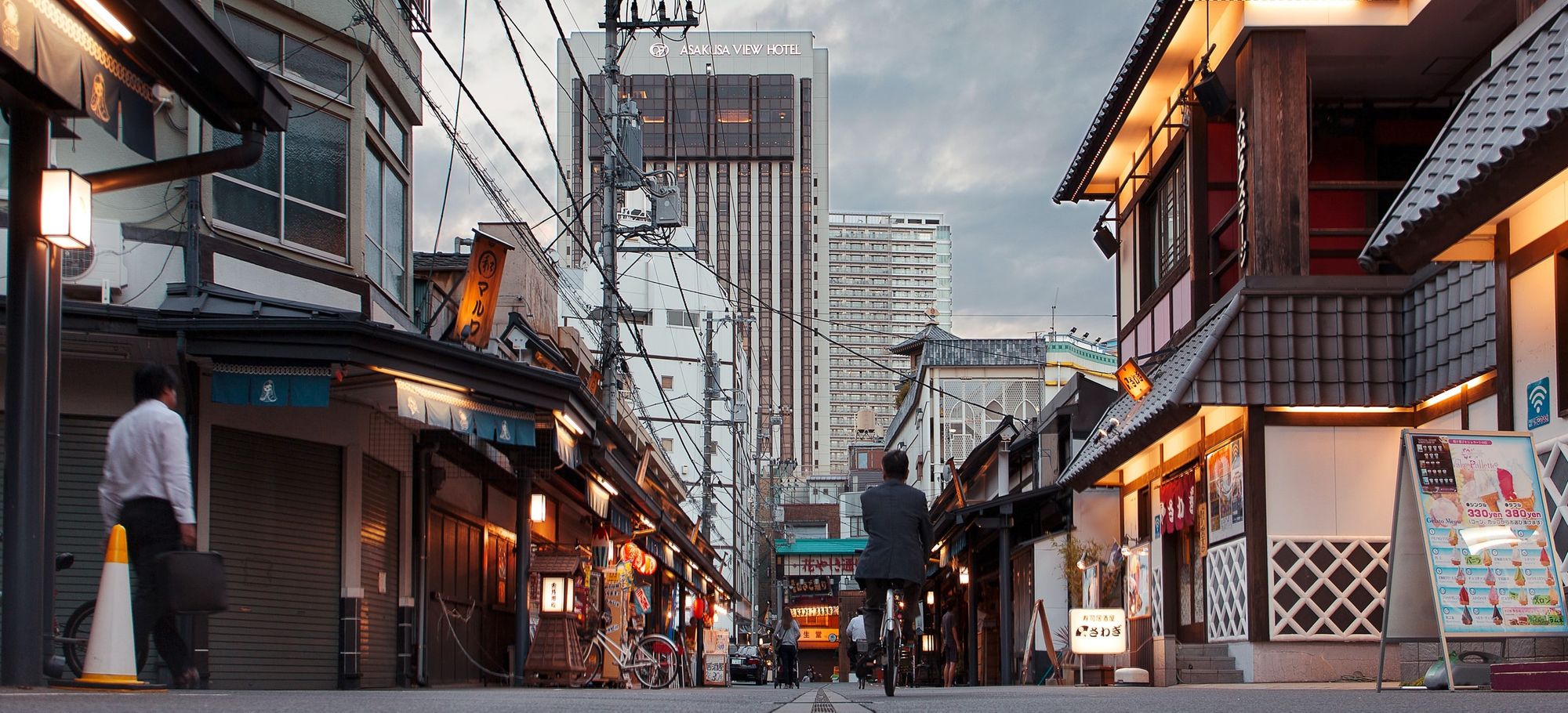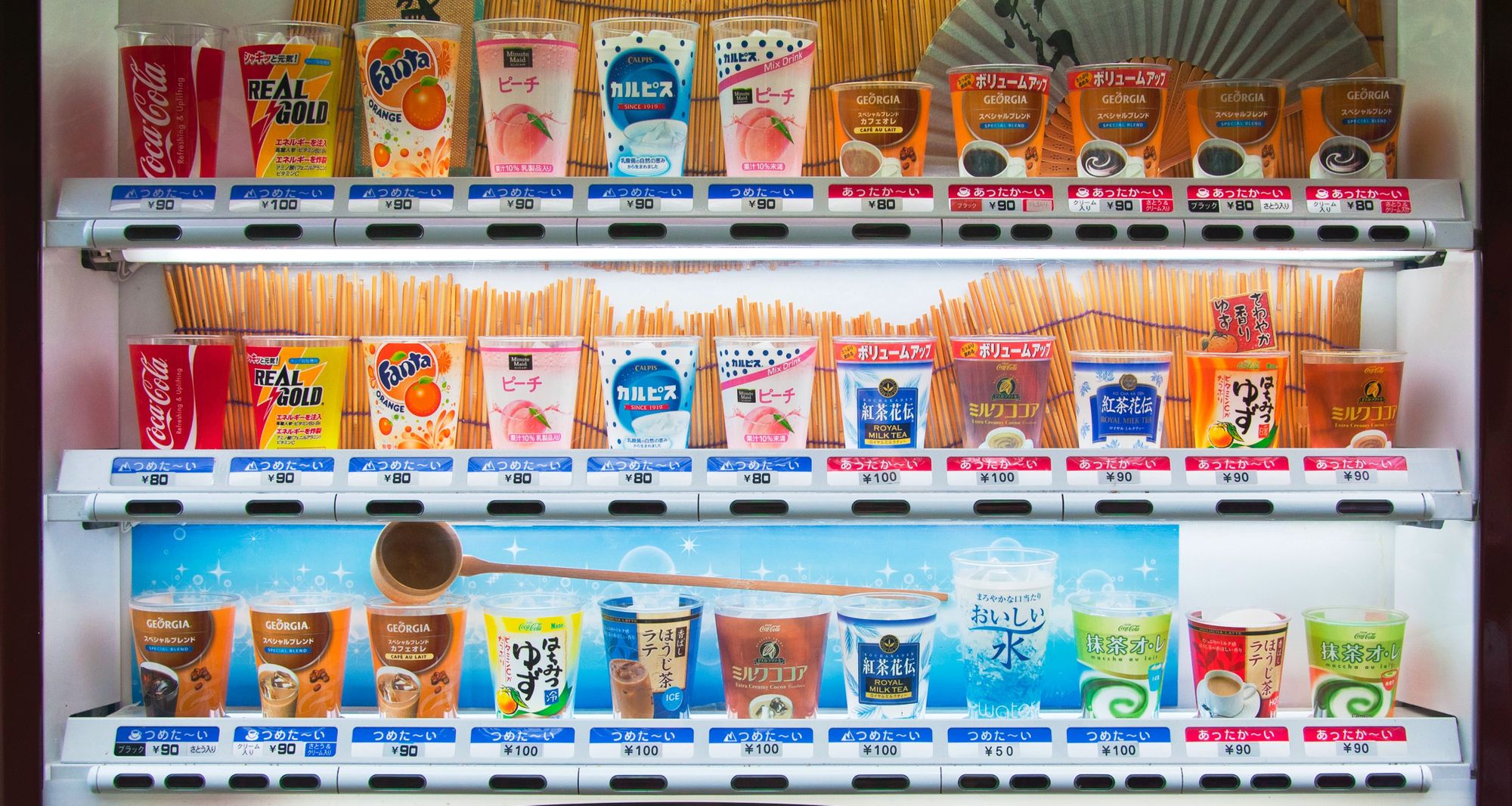Japanese chemical producers were already on shaky ground in 2019 as Chinese economic growth began to waver. Sluggish car sales in Europe and China started to lower demand for Japanese chemical exports, while the ongoing US/Chinese trade war damaged Chinese manufacturing output.
And then the coronavirus lockdown made everything worse.
As the industry journal Chemical Engineer News reports, “Japanese chemical makers were hit by pretty much everything during their fiscal 2019, which ended on March 31, and they acknowledge a challenging year ahead because of COVID-19. [With] Every large Japanese chemical maker C&EN surveyed reported a decline in sales for the year, and all but one, Shin-Etsu Chemical, posted a drop in profits.”

Examples of the devastation the virus recession has caused are easy to find. Mitsubishi Chemical experienced a 68% earnings decline and a 7% sales drop, which led it to shuttering its polypropylene line in Kashima, Japan. Sumitomo Chemical, like many others, was forced to lower its prices leading to a 74% decline in earnings, while a fall in the markets for nylon caused a 29% earnings drop at Ube Industries.
This is the second part of this two-part story of the coronavirus's impact on the chemical industry in Japan. To find out more read: How COVID is Killing Japan's Chemical Industry Recovery Part 1
Likewise, an earnings announcement from the Japanese fibre company Teijin, declared a 44% decline in profits on a 4% drop in sales. The press release explaining how, “In the global economy, business confidence deteriorated rapidly in the manufacturing sector.”

A recent ICIS report notes that these are not isolated cases for the Japanese chemical industry, stating that, “… exports in April posted their sharpest decline since the global financial crisis of 2009, with chemical shipments down 6.3% year on year as external demand suffered ravages from the coronavirus pandemic.”
Adding that, “Total exports of the world’s third-biggest economy shrank 21.9% year on year to yen (Y) 5.20tr ($48.3bn), while imports fell by 7.2% to Y6.13tr, according to data from Japan’s Ministry of Finance.”
Early data suggests that only a handful of chemical businesses, such as those supplying the food packaging sector, have avoided the COVID slump. Kaneka, a supplier of packaging, active pharmaceutical ingredients, and basic food stuffs, for example, announced that its nutrition business was boosted, “With more and more people eating meals at home, demand for products such as frozen food and instant noodles increased.” While Shin-Etsu reported strong polyvinyl chloride demand from the US, as its cellulose derivatives are connected to the pharmaceutical sector.

However, beyond select niche markets, the Japanese chemical industry is clearly suffering from COVID-19.
Worse still, is that until the first wave of the virus has finished passing through all regions, with the US, UK, and Brazil as yet to finish their respective lockdowns, no one can be certain when normal industrial chemical trading will restart.
Like many countries, Japanese chemical companies are looking to China to rekindle their hopes of recovery. However, the earliest signs are that the impact of COVID-19 will not pass overnight. As the industry journal Chemical Engineer News states, “With China’s new confirmed COVID-19 cases now fewer than 10 a day outside the hotspot of Hubei Province, the country’s chemical sector is pushing to production. But understaffing, spotty supplies of raw materials, and weakening demand are dampening efforts to get back to full speed.”
Photo credit: Fabrizio Chiagano on Unsplash, Claudio Guglieri on Unsplash, Alex Knight on Unsplash, & Toby Parsons from Pixabay